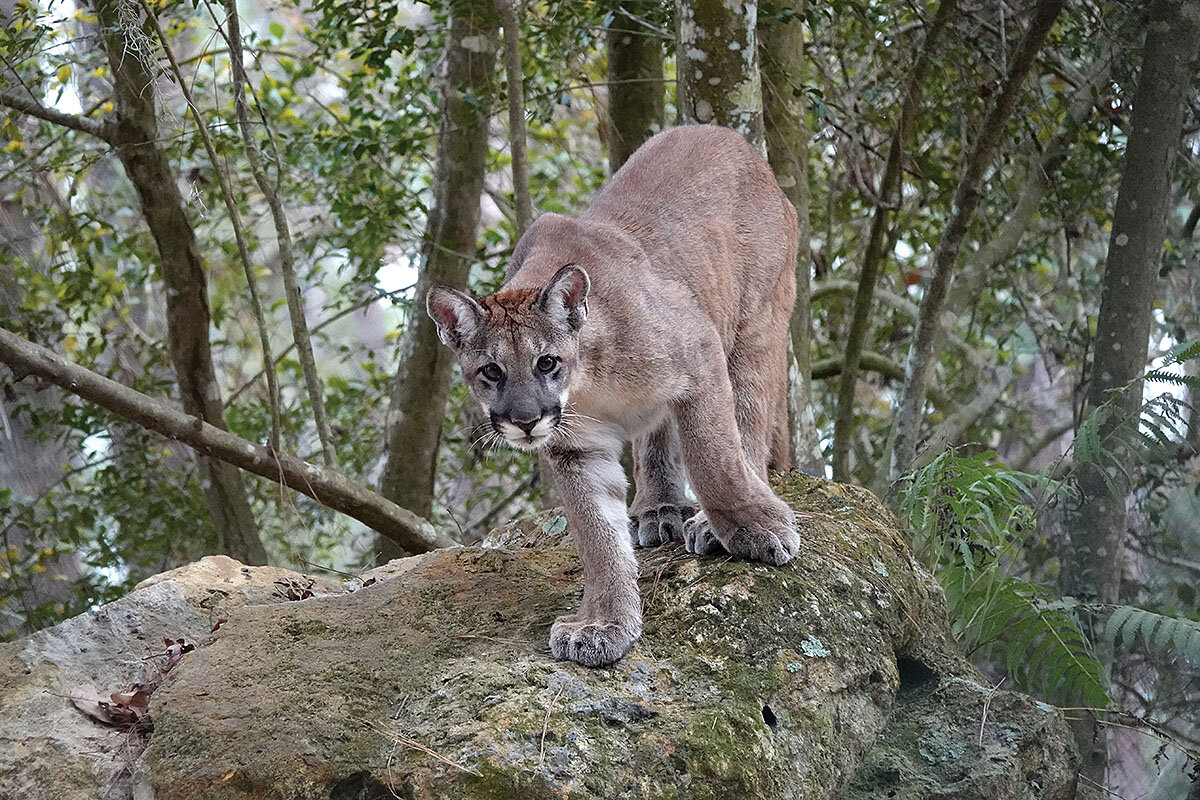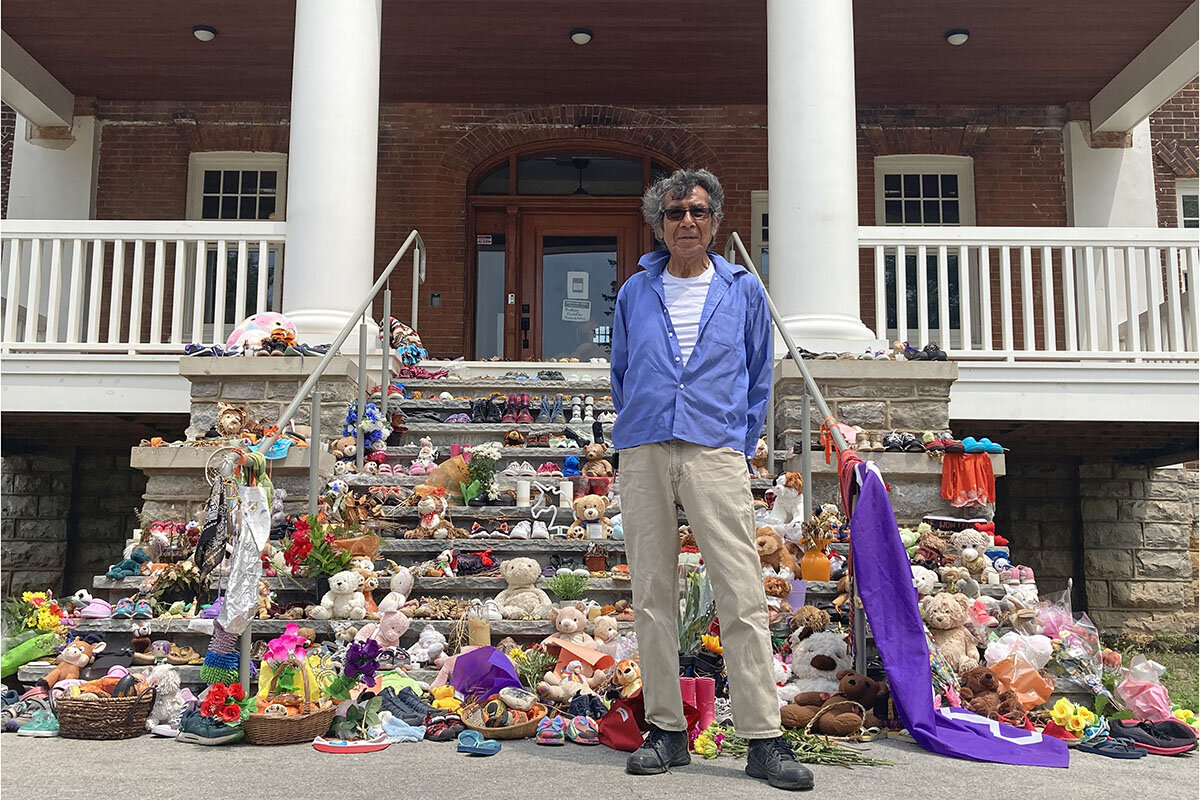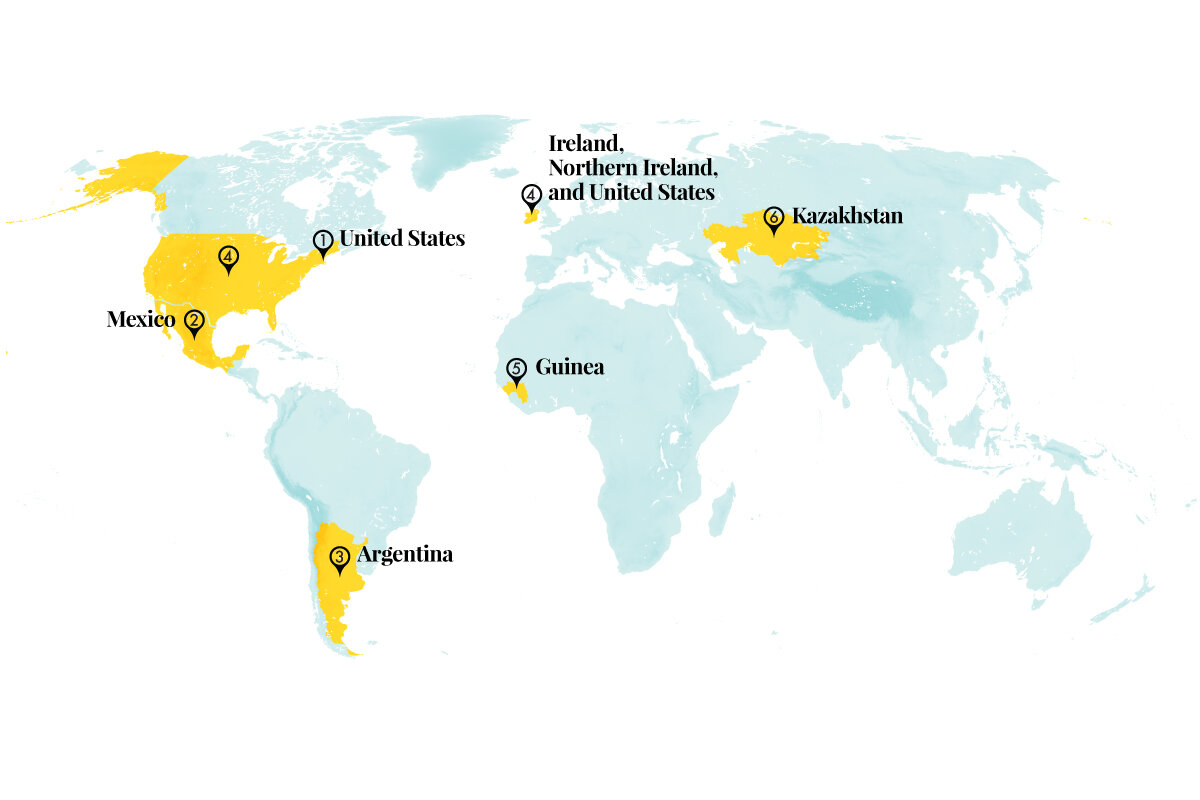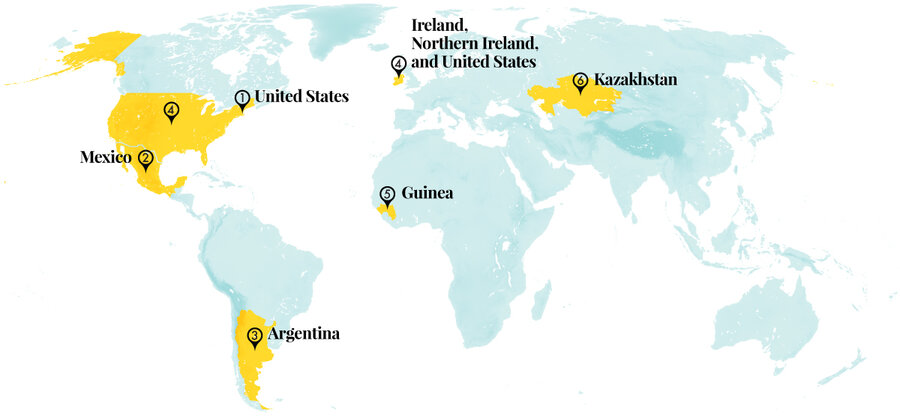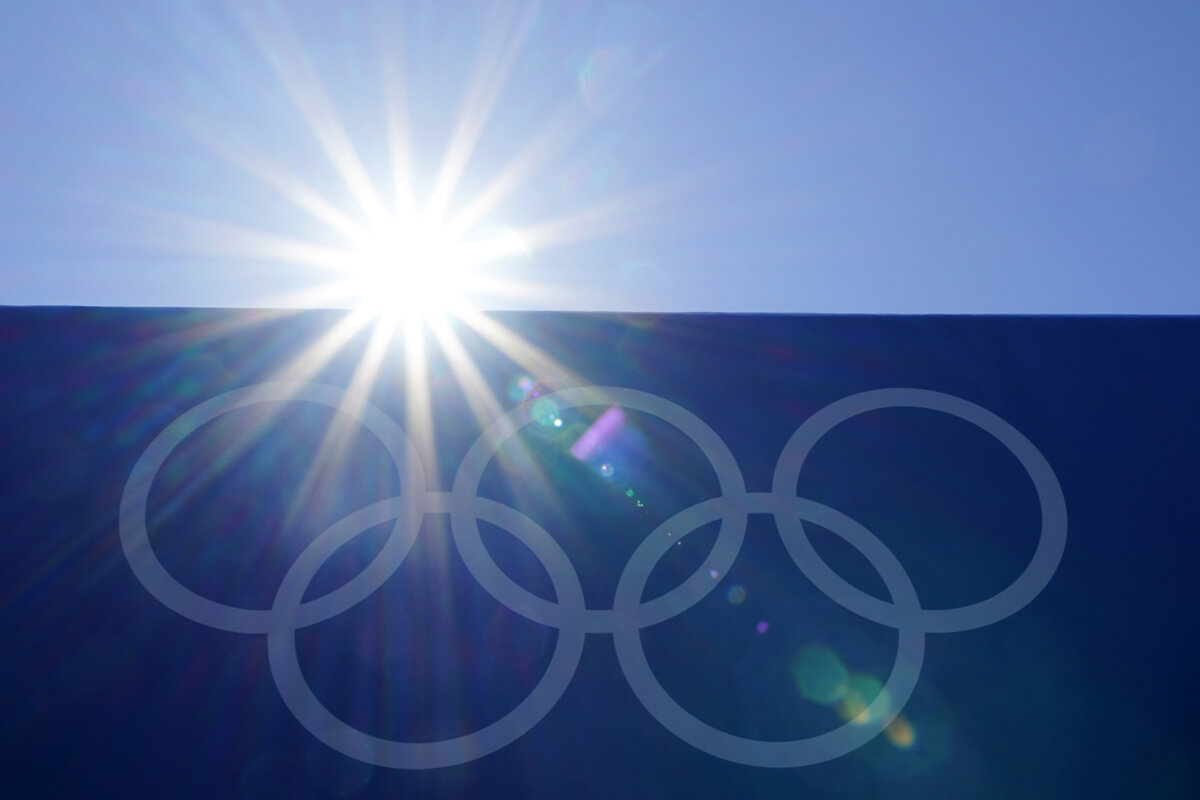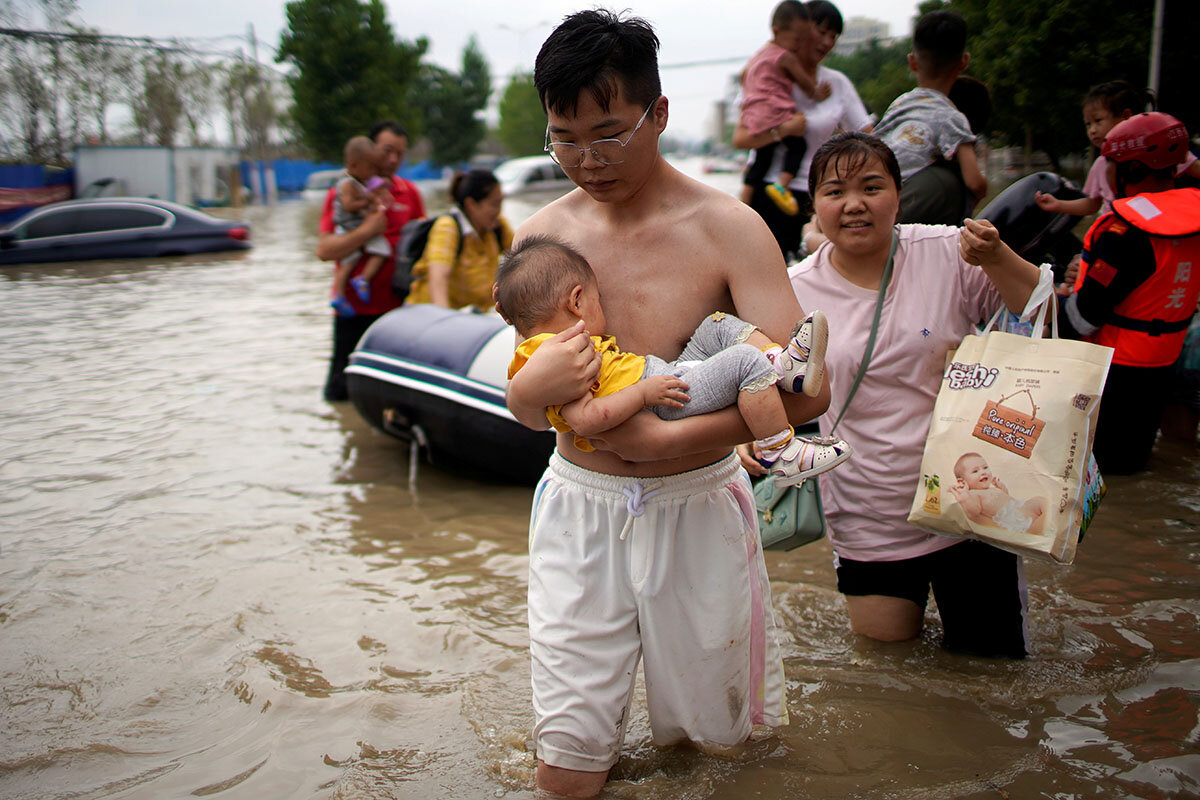The return of the panther in Florida, like the grizzly bear in Montana, raises the question: How does society adapt to large predators that decades of conservation efforts have helped recover?
Monitor Daily Podcast
- Follow us:
- Apple Podcasts
- Spotify
- RSS Feed
- Download
 Mark Sappenfield
Mark Sappenfield
The Tokyo Summer Games could still be stopped because of the pandemic, organizers acknowledge. There will be virtually no spectators. And these Games come at a time of social unrest, with athletes looking to express their convictions.
These will be Games unlike any other. How will they feel? It’s a personal question for me as someone who covered seven Olympic Games. Back before the 2012 London Games, as I wondered how I would cover such a massive event, a thought came: Look through the lens of love.
It seemed an odd assignment. But for all the legitimate criticism of the International Olympic Committee as an elitist sports cabal, the Olympics and Olympians themselves still express something pure. In the Olympics I’d covered, I could feel something beyond marketing and medals. There was genuine hope, fellowship, and goodwill. So at the London Games I looked for love, and it was everywhere I turned. From the incomparable grace of a sprinter to the triumph of a judoka overcoming abuse.
Amid the world’s concerns, the Olympics still offer that glimpse of something beyond sport. They offer real-life portraits of perseverance, joy, and goodwill, forged amid adversity and sacrifice and etched in extraordinary achievements. Nine years ago, that appeared to me as love flowing through every event. This year, it will again be there, waiting to uplift those who let it in.




